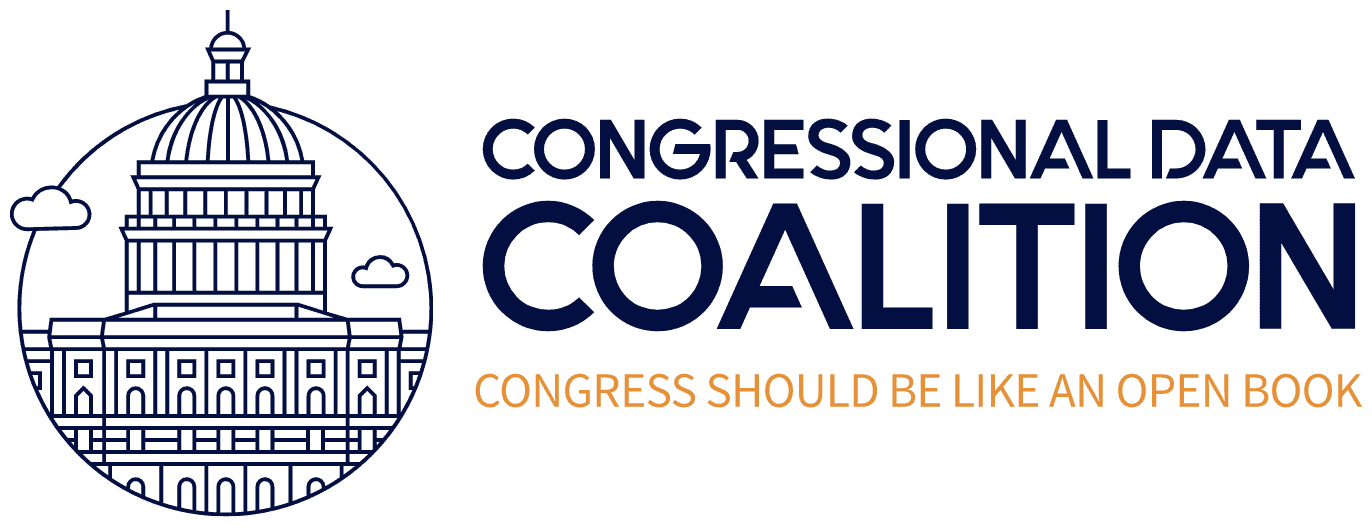When the House of Representatives adopted new rules for the 114th Congress, it took an unprecedented step forward. As part of the orders for the new Congress, the House committed to broadening the availability of legislative documents in machine readable formats. As Joe Biden might say, this is a big freaking deal.
The Committee on House Administration, the Clerk, and other officers and officials of the House shall continue efforts to broaden the availability of legislative documents in machine readable formats in the One Hundred Fourteenth Congress in furtherance of the institutional priority of improving public availability and use of legislative information produced by the House and its committees.
In plain English, the House will do more to make sure information about what it does is available to journalists, non profits, and the general public. As it turns out, most people get information about Congress from third parties, so this will greatly expand access to information about Congress. It also is the latest in a series of moves to expand smart publication of legislative information.
Of course, we at the Congressional Data Coalition have recommendations on what the House should do. In our testimony to appropriators for FY 2016, we recommend the House:
- Extend and Broaden the Bulk Data Task Force
- Publish the Congressional Record in XML and eliminate electronic publication gaps
- Publish a complete and auditable archive of bill text, in a structured electronic format
- Publish a contemporaneous list of widely-distributed CRS reports that contains the report name, publication/revision/withdrawal date, and report ID number
- Release widely-distributed CRS reports to the public
- Publish the House rules and committee rules in a machine-readable format
- Publish Bioguide in XML with a change log
- Publish the Constitution Annotated in a machine-readable format
- Publish House office and support agency reports online
- Publish House Expenditure Reports in a machine-readable format
It’s a bit wonky, but all of these things have a real impact on whether people learn what government is doing.
In the new few weeks, we will also make some recommendations for the Senate as it works on its appropriations bills. Stay tuned.
